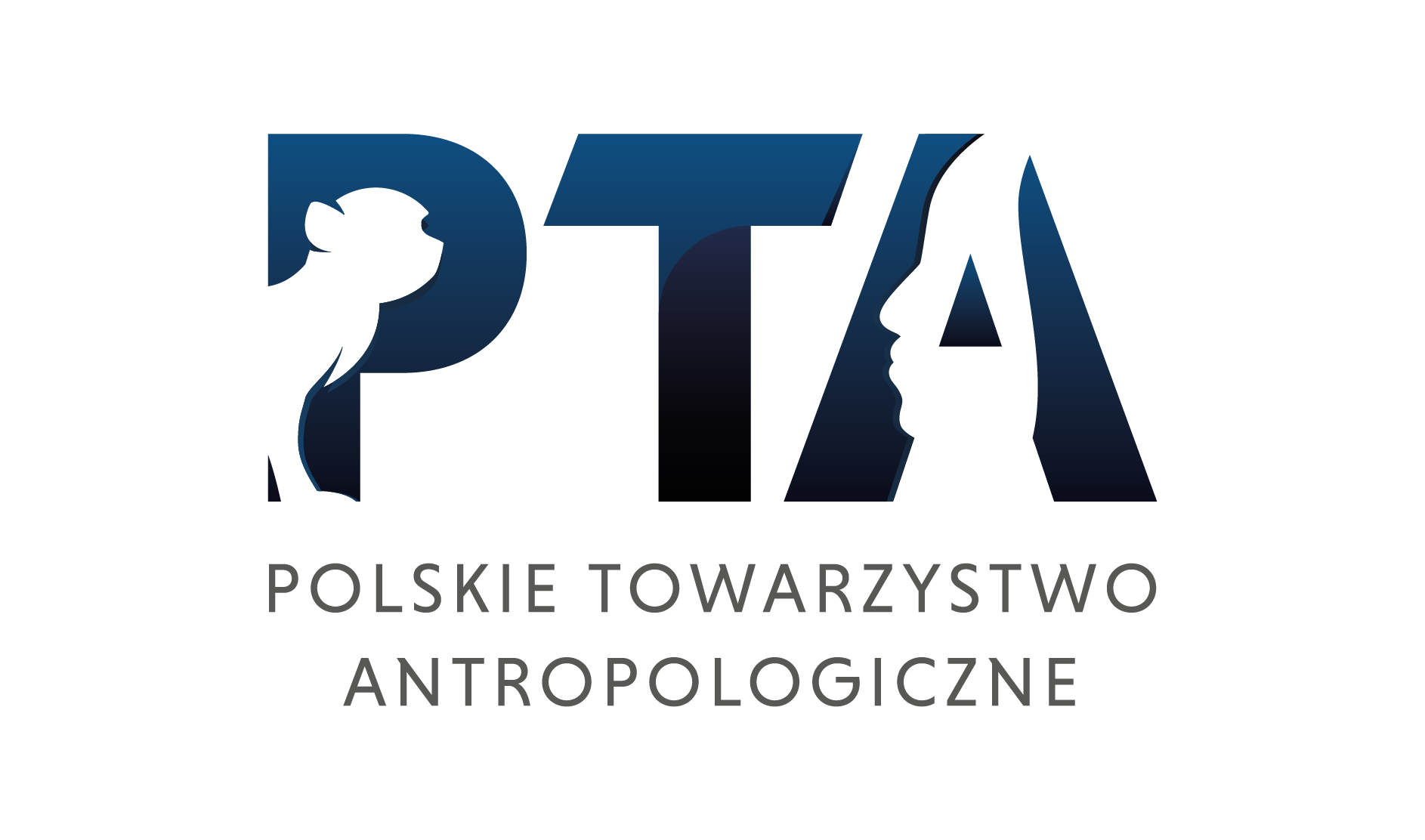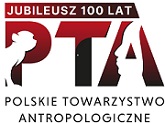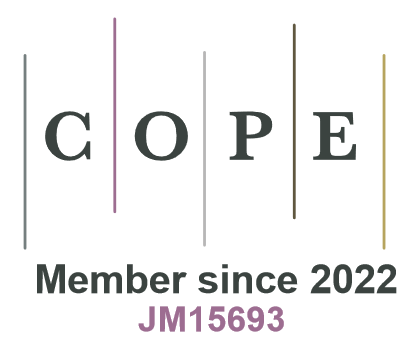Intergenerational relations and child development in England
DOI:
https://doi.org/10.1515/anre-2017-0007Keywords:
child development, Foundation Stage Profile, grandchildren, grandparents, Millennium Cohort StudyAbstract
Evolutionary studies have shown that in many traditional populations the beneficial effects of grandparental presence for grandchildren may vary according to the sex and lineage of the grandparents, as well as by the sex of the grandchild. However, few studies have investigated the relevance of these factors in modern developed societies. The present investigation uses the Millennium Cohort Study (n = 4,636 children) to analyse the association between grandparental investment and child development in contemporary England. Grandparental investment is measured by parent-grandparent contact frequencies at the child’s age of 3 and child development by “early learning goals” over the first year of primary school assessed with the Foundation Stage Profile (FSP). Children whose mothers reported contacts with maternal grandparents receive higher FSP scores compared to those with no contact at all. In addition, children whose fathers reported daily contacts with paternal grandfathers have lower FSP scores than other children. The study provides evidence of the relevance of grandparental investment on grandchild development also in developed societies. The results are discussed with reference to the grandmother hypothesis, sex-specific reproductive strategies and sex chromosome hypothesis.
Downloads
References
Chrastil E, Getz WM, Euler HA, Stark PT. 2006. Paternity uncertainty overrides sex chromosome selection for preferential grandparenting. Evol Hum Behav 27:206–23.
View in Google Scholar
Coall DA, Hertwig R. 2010. Grandparental investment: Past, present, and future. Behav Brain Sci 33:1–59.
View in Google Scholar
Coall DA, Hertwig R. 2011. Grandparental investment: a relic of the past or a resource for the future? Curr Dir Psychol Sci 20:93–8.
View in Google Scholar
Currie J, Thomas D. 1999. Early Test Scores, Socioeconomic Status and Future Outcomes. National Bureau of Economic Research Working Paper No. 6943. Available at: http://www.econ.ucla.edu/people/papers/currie/NCDSDOC.PDF
View in Google Scholar
Currie J, Thomas D. 2001. Early test scores, school quality, and SES: Long-run effects on wage and employment outcomes. Worker Wellbeing in a Changing Labor Market 20:103–32.
View in Google Scholar
Danielsbacka M, Tanskanen AO. 2012. Adolescent grandchildren’s perceptions of grandparents’ involvement in UK: An interpretation from life course and evolutionary theory perspective. Eur J Ageing 9:329–41.
View in Google Scholar
Dong H, Manfredini M, Kurosu S, Yang W, Lee JZ. 2016. Kin and birth order effects on male child mortality: three East Asian populations, 1716–1945. Evol Hum Behav. Available at: http://dx.doi.org/10.1016/j.evolhumbehav.2016.10.001
View in Google Scholar
Euler HA. 2011. Grandparents and extended kin. In: CA Salmon and TK Shackelford, editors. Oxford handbook of evolutionary family psychology. New York: Oxford University Press. 181–207.
View in Google Scholar
Euler HA, Weitzel B. 1996. Discriminative grandparental solicitude as reproductive strategy. Human Nature 7:39–59.
View in Google Scholar
Feinstein L, Duckworth K. 2006. Development in the early years: its importance for school performance and adult outcomes. London: Centre for Research on the Wider Benefits of Learning.
View in Google Scholar
Fox M, Sear R, Beise J, Ragsdale G, Voland E, Knapp LA. 2010. Grandma plays favourites: X-chromosome relatedness and sex specific childhood mortality. P Roy Soc B-Biol Sci 277: 567–73.
View in Google Scholar
Hamilton WD. 1964. The genetical evolution of social behaviour I and II. J Theor Biol 7:1–52.
View in Google Scholar
Hansen K editor. 2010. Millennium Cohort Study First, Second, Third and Fourth Surveys. A guide to the datasets. 5th edition. London: Centre for Longitudinal Studies.
View in Google Scholar
Hansen K, Jones EM. 2008. Foundation Stage Profile and Devolved Administration Teacher Survey. In: K Hansen and H Joshi, editors. Millennium Cohort Study Third Survey: A User’s Guide to Initial Findings. London: Centre for Longitudinal Studies. 98–117.
View in Google Scholar
Hawkes K, O’Connell JF, Blurton Jones NG. 1997. Hadza women’s time allocation, offspring provisioning, and the evolution of long postmenopausal life spans. Curr Anthropol 38:551–77.
View in Google Scholar
Jamison CS, Cornell LL, Jamison PL, Nakazato H. 2002. Are all grandmothers equal? A review and a preliminary test of the “grandmother hypothesis” in Tokugawa Japan. Am J Phys Anthropol 119:67–76.
View in Google Scholar
Johnson J editor. 2008. Millennium Third Survey Follow-up: A guide to the school assessment datasets. 1st edition. London: Centre for Longitudinal Studies.
View in Google Scholar
Johow J, Fox M, Knapp LA, Voland E. 2011. The presence of a paternal grandmother lengthens interbirth interval following the birth of a granddaughter in Krummhorn (18th and 19th centuries). Evol Hum Behav 32:315–25.
View in Google Scholar
Kachel FA, Premo LS, Hublin JJ. 2011. Grandmothering and natural selection. P Roy Soc B-Biol Sci 278:384–91.
View in Google Scholar
Kaptijn R, Thomese F, van Tilburg TG, Liefbroer AC. 2010. How grandparents matter. Support for the cooperative breeding hypothesis in a contemporary Dutch population. Human Nature 21:393–405.
View in Google Scholar
Kaptjin, R., Thomese, F., Liefbroer, A. C. & Silverstein, M. (2013). Testing evolutionary theories of discriminative grandparental investment. J Biosoc Sci 45:1–22.
View in Google Scholar
Kiernan KE, Mensah FK. 2011. Poverty, family resources and children’s early educational attainment: the mediating role of parenting. Brit Educ Res J 37:317–36.
View in Google Scholar
Kirchengast S, Putz B. 2016. Discriminative grandparental investment: the impact of grandchild’s gender and sociodemographic parameters. Anthropol Rev 79:151–67.
View in Google Scholar
Kokko H, Jennions M. 2003. It takes two to tango. Trends Ecol Evol 18:103-4.
View in Google Scholar
Lahdenperä M, Gillespie DOS, Lummaa V, Russell AF. 2012. Severe intergenerational reproductive conflict and the evolution of menopause. Ecol Lett 15:1283–90.
View in Google Scholar
Lahdenperä M, Lummaa V, Helle S, Tremblay M, Russell AF. 2004. Fitness benefits of prolonged post-reproductive lifespan in women. Nature 428:178–81.
View in Google Scholar
Lahdenperä M, Russell AF, Lummaa V. 2007. Selection for long lifespan in men: Benefits of grandfathering? P Roy Soc B-Biol Sci 274:2437–44.
View in Google Scholar
Lussier G, Deater-Deckard K, Dunn J, Davies L. 2002. Support across two generations: Children’s closeness to grandparents following parental divorce and remarriage. J Fam Psychol 16:363–76.
View in Google Scholar
Pashos A. 2000. Does paternity uncertainty explain discriminative grandparental solicitude? A cross-cultural study in Greece and Germany. Evol Hum Behav 21;97–109.
View in Google Scholar
Pittman LD. 2007. Grandmothers’ involvement among young adolescents growing up in poverty. J Res Adolescence 17:89–116.
View in Google Scholar
Pollet TV, Nelissen M, Nettle D. 2009. Lineage based differences in grandparental investment: Evidence from a large British cohort study. J Biosoc Sci 41:355–79.
View in Google Scholar
Pollet TV, Nettle D, Nelissen M. 2006. Contact frequencies between grandparent and grandchildren in a modern society: Estimates of the impact of paternity uncertainty. J Cult Evol Psychol 4:203–13.
View in Google Scholar
Pollet TV, Nettle D, Nelissen M. 2007. Maternal grandmothers do go the extra mile: Factoring distance and lineage into differential contact with grandchildren. Evol Psychol 5: 832–43.
View in Google Scholar
QCA. 2003. Foundation stage profile: handbook. London: Qualifications and Curriculum Authority.
View in Google Scholar
Ragsdale G. 2004. Grandmothering in Cambridgeshire, 1770-1861. Human Nature 15: 301–17.
View in Google Scholar
Rice WR, Gavrilets S, Friberg U. 2010. The evolution of sex-specific grandparental harm. P Roy Soc B-Biol Sci 277:2727–35.
View in Google Scholar
Rotering PP, Bras H. 2015. With the help of kin? Household composition and reproduction in The Netherlands, 1842–1920. Human Nature 26:102–21.
View in Google Scholar
Scelza BA. 2011. The place of proximity: social support in mother-adult daughter relationships. Human Nature 22:108–27.
View in Google Scholar
Scholl Perry K. 1996. Relationships among adolescents’ ego development, their academic achievement, and the amount of their contact with and social distance from grandparents. Unpublished Ph.D. thesis, Pace University, New York.
View in Google Scholar
Sear R, Coall DA. 2011. How much does family matter? Cooperative breeding and the demographic transition. Popul Dev Rev 37:81–112.
View in Google Scholar
Sear R, Mace R. 2008. Who keeps children alive? A review of the effects of kin on child survival. Evol Hum Behav 29:1–18.
View in Google Scholar
Sear R, Mace R, McGregor IA. 2000. Maternal grandmothers improve the nutritional status and survival of children in rural Gambia. P Roy Soc B-Biol Sci 267:461–7.
View in Google Scholar
Sear R, Mace R, McGregor IA. 2003. The effects of kin on female fertility in rural Gambia. Evol Hum Behav 24–25–42.
View in Google Scholar
Seki M. 2012. Intra-individual conflicts between autosomal and X-linked altruistic genes: Evolutionary perspective of sex specific grandmothering. J Theor Biol 304:273–85.
View in Google Scholar
Snopkowski K, Sear R. 2015. Grandparental help in Indonesia is directed preferentially towards needier descendants: A potential confounder when exploring grandparental influences on child health. Soc Sci Med 128:105–14.
View in Google Scholar
Strassmann BI. Garrard WM. 2011. Alternatives to the grandmother hypothesis. Hum Nat 22:201–222.
View in Google Scholar
Tanskanen AO. 2013. The association between grandmaternal investment and early years overweight in the UK. Evol Psychol 11:417–25.
View in Google Scholar
Tanskanen AO, Danielsbacka M. 2012. Beneficial effects of grandparental involvement vary by lineage in the UK. Pers Indiv Differ 53:985–8.
View in Google Scholar
Tanskanen AO, Danielsbacka M. 2016. Maternal grandfathers and child development in England. In: A Buchanan and A Rotkirch, editors. Grandfathers: global perspectives. London: Palgrave Macmillan. 217–28.
View in Google Scholar
Tanskanen AO, Rotkirch A, Danielsbacka M. 2011. Do grandparents favor granddaughters? Biased grandparental investment in UK. Evol Hum Behav 32:407–15.
View in Google Scholar
Trivers RL. 1972. Parental investment and sexual selection. In: B Campbell, editor. Sexual selection and the descent of man. Chicago: Aldine. 52–97.
View in Google Scholar
Waynforth D. 2011. Grandparental investment and reproductive decisions in the longitudinal 1970 British cohort study. P Roy Soc B-Biol Sci 279:1155–60.
View in Google Scholar
Voland E, Beise J. 2002. Opposite effects of maternal and paternal grandmothers on infant survival in historical Krummhörn. Behav Ecol Sociobiol 52:435–43.
View in Google Scholar
Downloads
Published
How to Cite
Issue
Section
License

This work is licensed under a Creative Commons Attribution-NonCommercial-NoDerivatives 4.0 International License.








